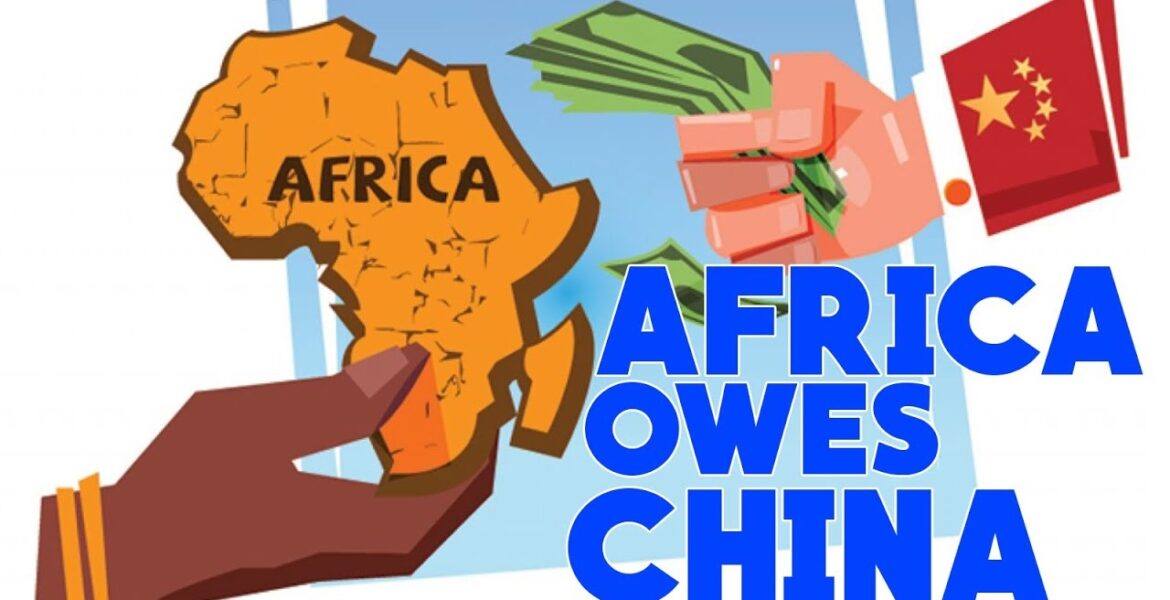Djibouti – the tiny nation at the intersection of the Red Sea and the Gulf of Aden where China has vast commercial and military interests – has suspended debt repayments to two of its main bilateral creditors as it struggles under mounting financing pressures.
In its latest report on Djibouti, the World Bank said the country’s external debt servicing costs tripled in 2022 – from US$54 million last year to US$184 million – and predicted a further increase to US$266 million next year.
Behind the rise is the expiration of the G20’s Debt Service Suspension Initiative (DSSI) at the end of 2021, and the start of principal loan repayments for Djibouti’s water pipeline to Ethiopia.
As a consequence of the DSSI, Djibouti’s external arrears increased by 26.4 per cent year on year to US$101 million in June 2022, corresponding to 3 per cent of its GDP.
REDD Intelligence senior credit research analyst Mark Bohlund said the two creditors referred to in the World Bank report were likely to be China and Kuwait, “although it doesn’t matter which the other creditor is, as Chinese debt widely surpasses that owed to other creditors”.
Bohlund said Djibouti’s action was unsurprising, given the sharp projected increase in its external debt servicing. “The International Monetary Fund declared Djibouti’s debt as being unsustainable in late 2021,” he said.
Djibouti owed a total of US$2.68 billion to external creditors as of the end of 2020, according to the World Bank.
Its strategic position – on the Horn of Africa’s Bab-el-Mandeb Strait that controls access to the Red Sea and the Suez Canal – has made Djibouti a major destination for Chinese capital, especially in the maritime and free-trade zones.
As a crossroads between Africa, the Middle East and Europe, Djibouti has been a crucial hub for China’s Belt and Road Initiative, the multitrillion-dollar infrastructure plan behind numerous mega-projects across the continent.
Data from Boston University’s Global Development Policy Centre shows Djibouti took US$1.5 billion from Chinese lenders between 2000 and 2020.
Much of the money was advanced in 2013 – US$492 million to finance construction of its portion of the Addis Ababa-Djibouti railway, and US$322 million for the 101km (63 miles) water pipeline from the Ethiopian town of Hadagalla to the Djiboutian interior.
Djibouti borrowed a further US$344 million in 2016 for construction of the multipurpose Doraleh port. All three of these loans were extended by the Export-Import Bank of China.
In 2017, another US$150 million was provided by China Merchants Port Holdings Company Ltd, to build the Djibouti free-trade zone.
Other Chinese companies have also invested in the country’s maritime industry and free-trade zones. China Merchants Group has pumped money into turning the Port of Djibouti into an international business district. It has also funded the port’s mega extension – the US$590 million Doraleh multipurpose port – just west of the capital.
China’s first overseas military base opened in 2017 next to the Chinese-operated port of Doraleh. The country also hosts US, French and Japanese bases, and it is the presence of so many facilities that may be behind its debt servicing decision.
Do China’s Africa ambitions include a second military base?
Bohlund said the Djibouti government was likely to reason that its hosting of a “multitude” of military bases would keep it safe from any repercussions, as “Beijing prioritises its military presence on a key trade route over any pecuniary losses on its Djibouti claims”.
“While this is likely to be true, Beijing is likely to be concerned that other Belt and Road Initiative creditors will also suspend payments,” he said.
Alex Vines, head of the Africa programme at London-based think tank Chatham House, said Djibouti continued to be disproportionately affected by the steep rise in global food prices and the war in Ukraine, including disruptions to food supply chains.
Djibouti is a net importer of food and fuel, covering up to 90 per cent of its food needs through imports.
“The spillover effects of conflict in Ethiopia have also led to periodic shortages of produce imports and a depressed Ethiopian market, on which Djibouti is highly reliant,” Vines said.
“Soaring global oil and food prices have pushed up inflation – the year-on-year rate at the end of June 2022 was 11 per cent.”
On top of these shocks, along with the DSSI’s expiration, “it is unsurprising that Djibouti is having repayment troubles”, Vines said.
“China is likely to renegotiate its debt bilaterally with Djibouti – given the slowness of the follow-on Common Framework initiative following the DSSI – this is likely to be the preferred option,” he said.
“China’s lending to Djibouti has also been due to its geostrategic location and so Beijing will wish to continue to build its influence.”


